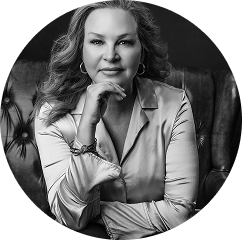
- Property Characteristics:
- Location: Insurers evaluate the property's location to assess its susceptibility to natural disasters, such as floods, earthquakes, wildfires, and landslides. Properties in high-risk areas may require additional coverage or higher premiums.
- Type of Dwelling: Whether the property is a single-family home, condo, townhouse, or rental property influences the type and amount of coverage needed.
- Construction Materials and Age: The age of the property and the materials used in its construction impact its vulnerability to damage from hazards like fire, windstorms, and earthquakes.
- Coverage Needs:
- Dwelling Coverage: Insurers assess the replacement cost of the home to determine the amount of coverage needed to rebuild or repair the property in the event of damage or destruction.
- Personal Property Coverage: The value of personal belongings inside the home, including furniture, appliances, electronics, and clothing, influences the amount of coverage required.
- Liability Coverage: Insurers consider the potential risk of personal injury or property damage claims against the homeowner and provide liability coverage accordingly.
- Risk Factors:
- Claims History: A history of previous insurance claims on the property, such as water damage, theft, or liability claims, can impact the insurer's perception of risk and the cost of coverage.
- Credit History: In some cases, insurers may consider the applicant's credit score as a factor in determining insurance premiums, as individuals with higher credit scores are generally seen as lower risk.
- Safety and Security Measures:
- Home Security Systems: The presence of security systems, such as burglar alarms, smoke detectors, fire alarms, and sprinkler systems, can lower the risk of theft, fire, and other hazards, potentially leading to lower premiums.
- Safety Features: Insurers may inquire about safety features like deadbolt locks, storm shutters, reinforced roofing, and other measures that reduce the likelihood of damage or loss.
- Additional Considerations:
- Occupancy Status: Whether the property is owner-occupied, rented out, or vacant affects the type of coverage needed and the associated risk.
- Pets: Certain breeds of dogs or exotic pets may increase the risk of liability claims and impact insurance premiums.
- Home-Based Businesses: Insurers may inquire about any home-based businesses operated from the property and assess the associated liability risks.
Disclaimer:
The information provided in these posts are for general purposes only. It is not written nor intended to provide legal advice or opinions of any kind. No one should act upon, refrain from acting, based solely upon the materials provided & recorded, or through any hypertext links and other general information, without first seeking appropriate legal and/or other professional advice.

